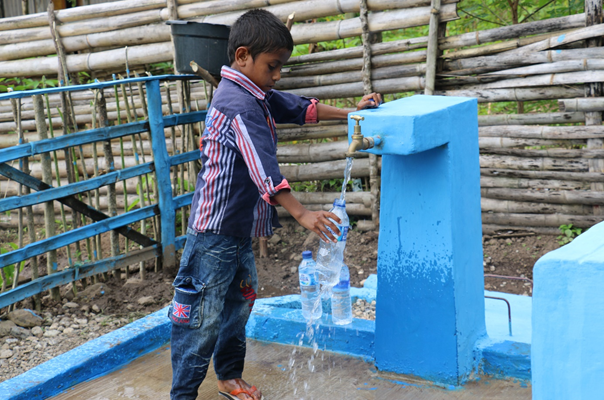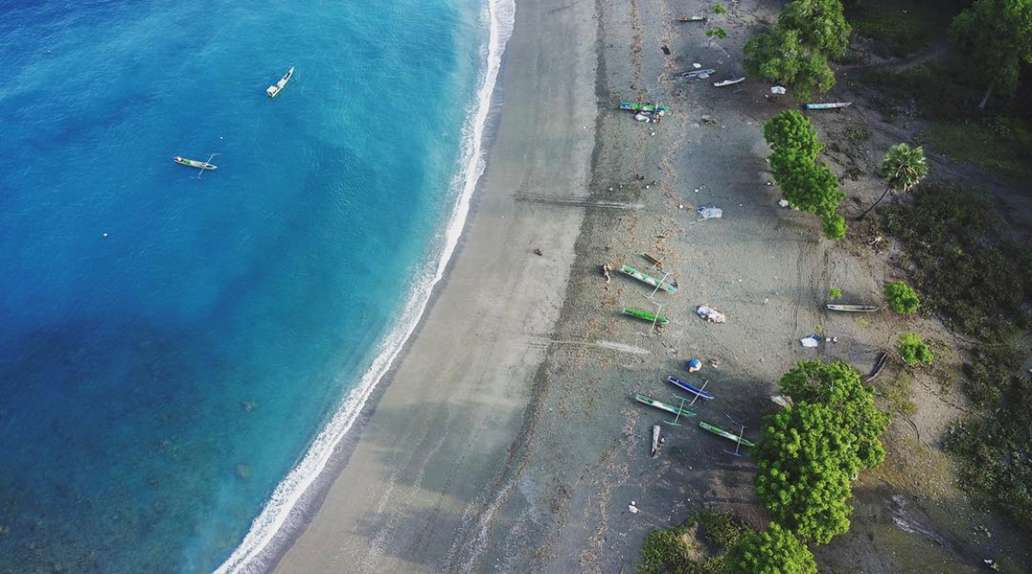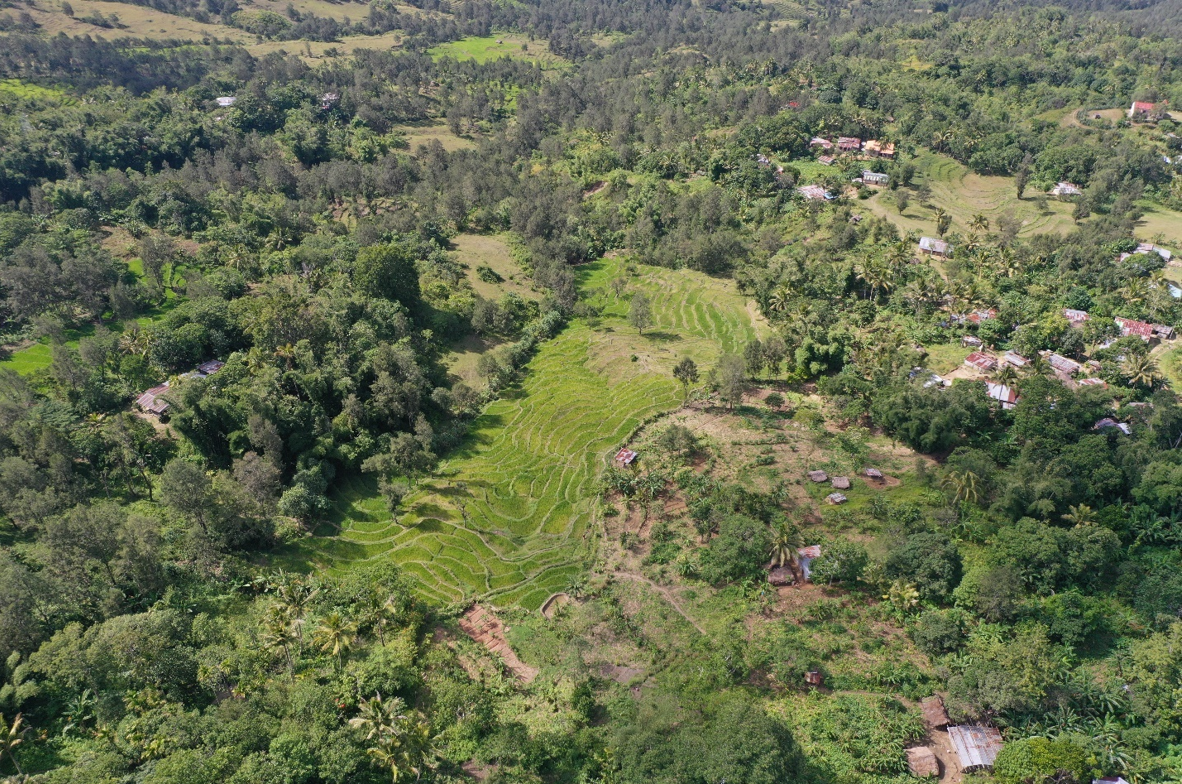Accessibility to water supply and adequate access to sanitation remains low, and very low for the poorest quintile of the population.
Most sanitation systems consist of simple pit latrines and poor-quality septic tanks usually directed to the stormwater or drainage system or the waste is directly plumbed there. Waste faecal solids are disposed of unsustainably. Only one existing septage treatment plant is in operation, but others are planned.
Existing infrastructure for drainage is in general considered inadequate as accentuated by the recent major flooding. Surface water drainage is contaminated by the sullage (the overflow) from the on-site sanitation systems. Flash flooding in Dili is exacerbated by watershed degradation up-stream.
Key bottlenecks that currently impede the water and sanitation sector relate to institutional capacity and absence of technical support services, accountability and incentives for sustaining services. There are no user fees for the provision of water and related services in the urban sector and a lack of funding to pay for water supply operations and no clear strategy to effectively support operations and maintenance in the rural sector. Future climate changes are likely to further exacerbate the current strain in the existing WSS&D systems by lower water tables reducing the potential water supply, potential contamination of bore waters by storm surges, and increased likelihood of flash floods. These all call for more and better designed WSS&D infrastructure and stormwater management, revision of water quality and environmental regulations and standards, and enhanced government and community strategies. Better wastewater treatment would also stop some of the microplastics that end up in the oceans every year.




